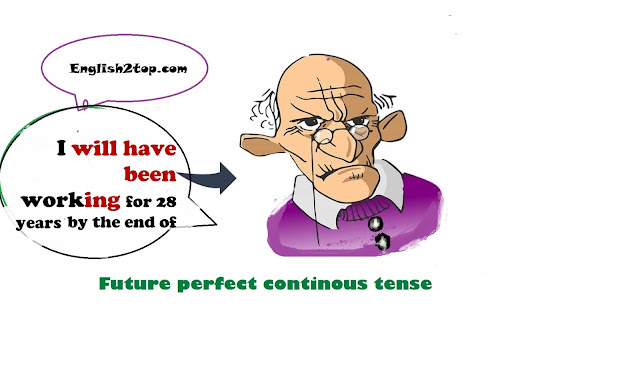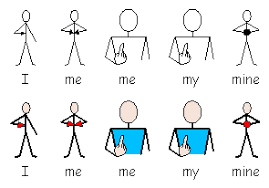Future Perfect continuous tense

Future Perfect continuous tense
General definition :
The future perfect continuous , is a tense that used to describe actions that will continue up until a point in the future. The future perfect tense comes in three types of constructions :
1 with will ( will + have + been + v + ing )
2 with be going to ( be going to + have + been +v+ ing )
3 with Shall (shall + have +been + v+ ing )
First , ( will + have + been verb + ing)
when we want to describe an action in the future perfect continuous tense , we are projecting ourselves forward in time and looking back at the duration of that activity . The activity will have begun in the past , present , or in the future , and is expected to continue in the future .
ex.
In November , I will have been working at working at my company for three years .
At five o'clock, I will have been waiting for thirty minutes .
When I turn thirty , I will have been playing piano for twenty- one years .
Note : ❌Never use nonaction verbs with future perfect continuous tense ;
EX .
* On Tuesday , I will have been knowing you for a week . ❌
* On Tuesday , I will have known you for a week.
Second ,( be going to + have + been +v+ ing )
Therefore, We usually contract be with the subject when we use be going to. For example:
She’s going to have been working for nearly 18 hours by the time she’s finished with her shift tonight.



هذا ما يبحث عنه الكثيرون شكرا اتمنى لو تقدم شروحات عن كيفية استخدام الزمن المناسب
ردحذفشكرا لاختياركم مدونتنا نعدكم بالمزيد من اي شي تحبون تسألوا عنه .
حذف